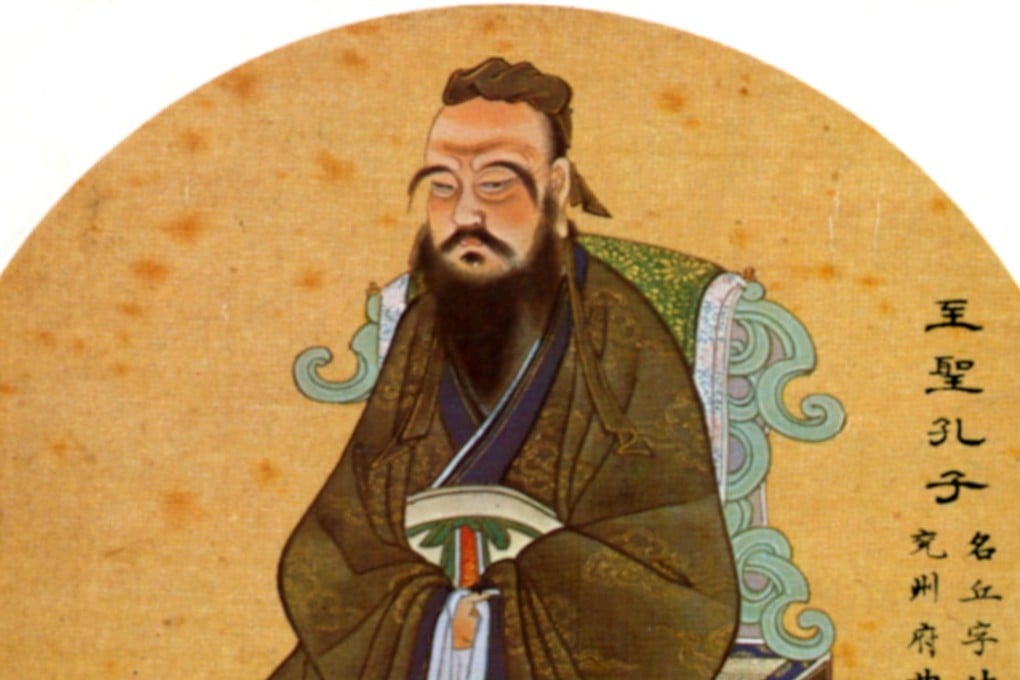Getting to the roots of the Confucius family tree: the cultural significance of knowing one’s ancestry
Many of China’s ancestry records were destroyed during turbulent times decades ago. Those who still own their families’ book of genealogy are envied by many

Having a famous ancestor is not always fun. Just ask Kong Weike.
The Shandong painter is a 78th generation descendant of Confucius (BC551-BC479), China’s ancient philosophy master and founder of Confucianism.
During the tumultuous Cultural Revolution of the 1960s, Kong’s ancient lineage caused him endless suffering – from being bullied by his schoolmates to being expelled from his primary school – because Confucius, as the symbol of feudal society, was held in disdain.
“At that time, I really wanted to change my surname,” Kong told the South China Morning Post in an interview.

Kong’s burden has eased in recent years with the revival of Confucianism in China.
He said he is grateful to know his family history, thanks to the eons-old practice of updating the family tree in a genealogy book (known as zupu, or jiapu in Mandarin).